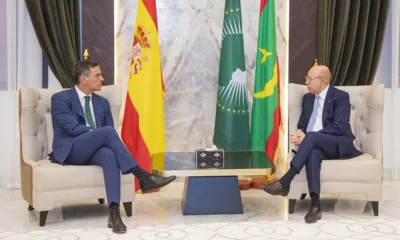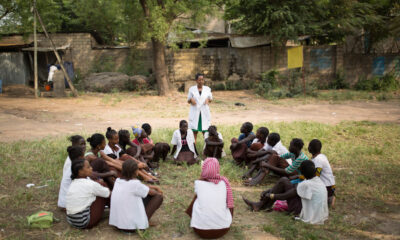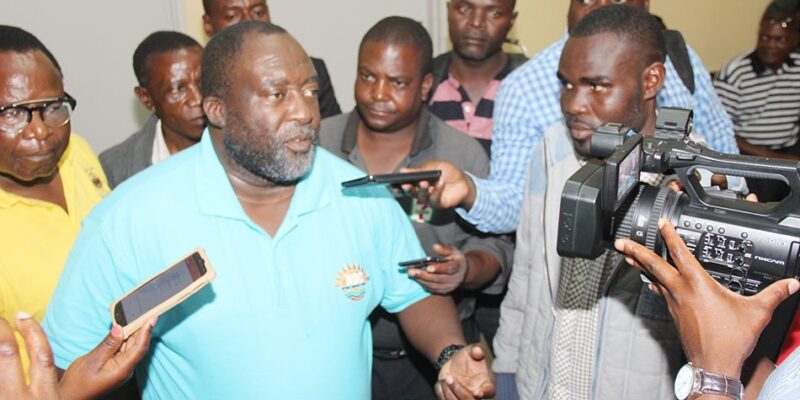A survey conducted by the National Bureau of Statistics (NBS) has revealed that around 65% of Nigerian households, which is about two-thirds of the population, lack the financial means to eat healthy food.
According to the survey by the agency, the decline is a reflection of the multidimensional poverty in the country and the impact of continuous reduction in the purchasing power of Nigerians due to rising prices of goods and services.
And as a result, two-thirds of households in the country lack money to eat healthy, nutritious food, the NBS said.
Titled “Nigeria General Household Survey – Panel (GHS-Panel) Wave 5 (2023/2024),” the survey examined demographics, education, and health trends in Nigeria, comparing data from Wave 4 (2018/19) and Wave 5 (2023/24).
On food insecurity, the survey stated:
“Approximately two out of three households indicated being unable to eat healthy, nutritious or preferred foods because of lack of money in the last 30 days.
“Similarly, 63.8 per cent of households ate only a few kinds of food due to lack of money, 62.4 percent were worried about not having enough food to eat, and 60.5 percent ate less than they thought they should.”
It added that between Waves 4 and 5, the proportion of households that reported being worried about not having enough food to eat because of lack of money increased significantly, from 36.9 percent to 62.4 percent.
On access to energy, the survey revealed said:
“82.2 percent of urban households have electricity, compared to 40.4 per cent in rural areas. Nigerian households face an average of 6.7 power blackouts weekly.
“Cooking typically involves traditional three-stone stoves (65.0 percent), primarily using wood as fuel (70.2 per cent), but with use of liquefied petroleum gas (LPG) rising significantly.
“Many households lack toilet facilities and rely on tube wells or boreholes for drinking water. Waste disposal is mostly informal, with 45.6 percent of households using bushes or streets,” it added.

 Sports2 days ago
Sports2 days ago
 Metro2 days ago
Metro2 days ago
 Metro1 day ago
Metro1 day ago
 Culture2 days ago
Culture2 days ago
































